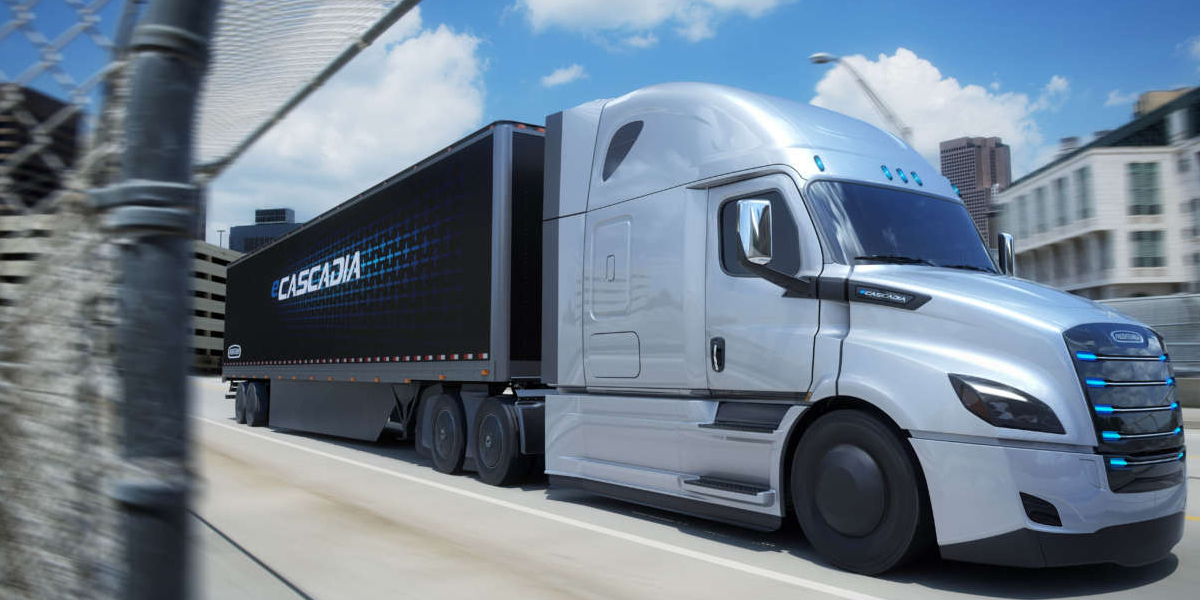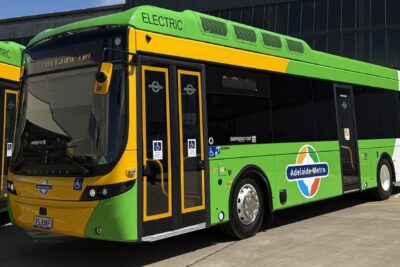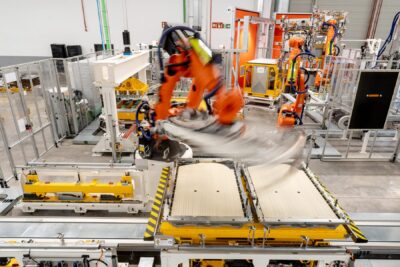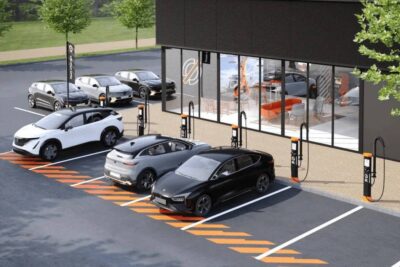First pre-series eCascadia models delivered
Daimler Trucks North America (DTNA) has delivered the first units of its battery-electric Freightliner eCascadia truck to customers. However, these are test vehicles and series production is not scheduled to start until 2021.
The first two eCascadia vehicles for customers were built at the research and development center in Portland. They are part of Freightliner’s Electric Innovation Fleet, which tests the integration of electric trucks into the operation of large fleets. In this phase, they may come across the Tesla Semi on occasion: The two vehicles will be used by Penske Truck Leasing and NFI in Southern California. The innovation fleet is to grow to a total of 30 vehicles.
In the test, the two companies are to gather experience from everyday delivery use, including charging infrastructure and times, the range in delivery use with different loads and, of course, the reliability and availability of the vehicles. The technicians of the Daimler subsidiary have already documented many kilometers with the vehicles, but test drives cannot replace a practical application.
Freightliner intends to use the feedback from the companies involved to make further improvements before the truck goes into series production. According to DTNA, production of the eCascadia, which was initially presented last year, and the smaller, but also fully electric eM2 is not planned until the end of 2021.
As the name suggests, the eCascadia is based on the Freightliner Cascadia, which, according to the company, is the best-selling Class 8 heavy truck in the USA. The technical specifications have not changed since it was unveiled in 2018: The eCascadia has a range of up to 400 km and an output of around 537 kW with four electric motors. The 550 kWh batteries used in trucks should be rechargeable to around 80 percent within 1.5 hours. The vehicle is designed for a permissible total weight of over 15 tons.
The Freightliner eM2, on the other hand, competes in the “medium-heavyweight” segment with a permissible total weight of nine to twelve tons. According to the manufacturer, it will prove its worth primarily in local distribution and delivery traffic over the last mile. With a battery capacity of 325 kWh, the eM2 can travel up to 370 km and delivers a good 353 kW. The charging process (80 per cent) should not take longer than one hour.





0 Comments